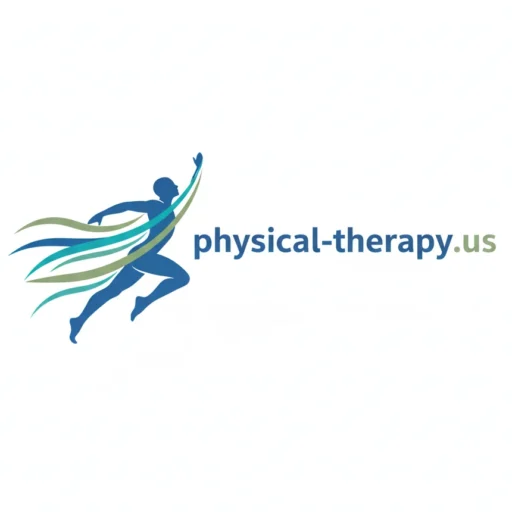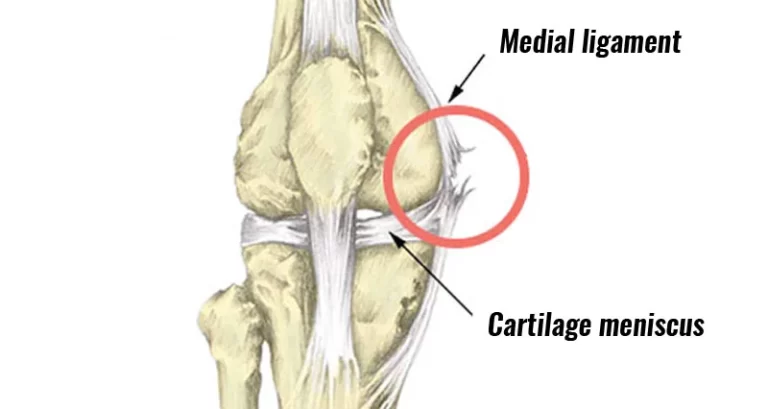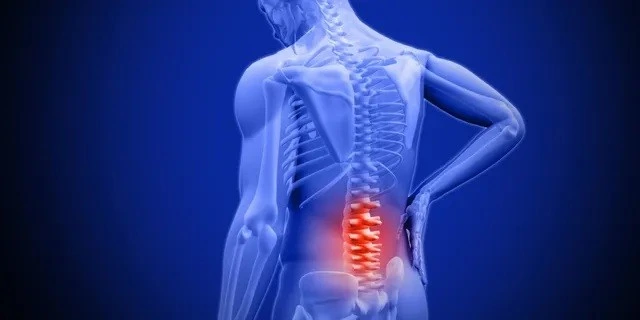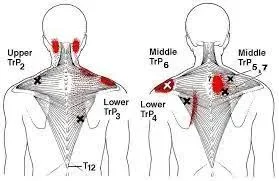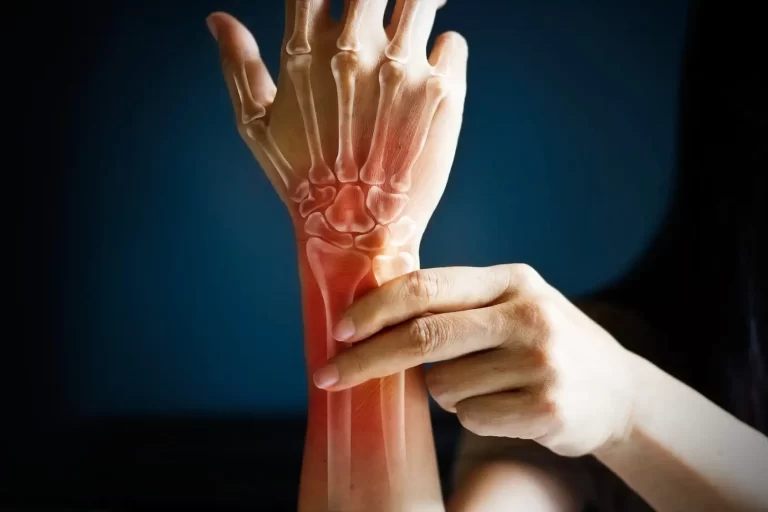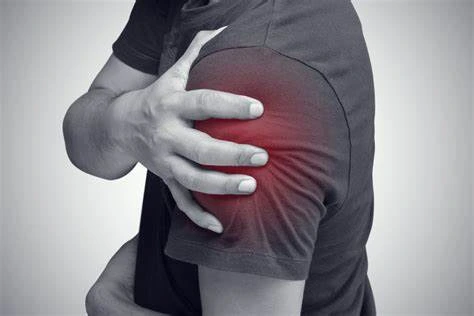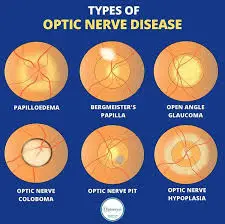Can Neck Pain Cause Dizziness?
Introduction:
You may initially believe that neck pain and dizziness are two different issues if you experience both frequently, whether it’s when you stand up from a seated posture, after swiftly turning your head, or just out of the dark.
Most people will think that an inner ear issue is the cause of any dizziness they experience. It is reasonable that any dizziness would be connected to the inner ear, which is in charge of balance.
In certain situations, neck pain and dizziness can occur together. The dizziness may be the most obvious and worrisome for certain people. However, this results in joint stiffness and neck muscle strain, which hurts.
When you have inner ear issues, you may frequently feel pulled to one side. Your muscles may attempt to rectify this so you don’t topple over. This frequently results in pain on the other side. For the best result, we must treat the dizziness symptoms first. Although symptoms may persist for a few minutes to several hours, they will typically subside when the pain subsides.
Furthermore, a lot of medical professionals will initially classify the symptoms as an inner ear issue. Meniere’s, benign paroxysmal positional vertigo, perilymph fistula, and labyrinthitis are only a few of the several kinds of inner ear disorders that should be noted.
However, dizziness is not always caused by the inner ear, particularly if it coexists with neck pain. Your eyes and upper neck joints are also part of your balancing system, in addition to your inner ear. The topmost segment of your spinal column is called the cervical spine.
Each vertebra additionally has two joints in the rear known as “facet joints.” Your neck’s movement is controlled by all of these spinal components as well as muscles, ligaments, tendons, and nerves.
The upper neck receives position-sense information from the nerves in the cervical spine’s muscles and facet joints. This enables the upper neck to work in tandem with your inner ear and eyes. You are therefore kept upright, walking, and level-headed by a number of systems. To maintain normal balance, all of the input communications between your balancing system must be in sync with one another.
It’s also important to remember that tiny medial branch nerves supply your cervical spine’s facet joints. Many patients get headaches along with neck pain and vertigo because these nerves carry pain signals from the neck and back joints to the head.
Causes of Can Neck Pain Cause Dizziness:
Now that you know the connection between dizziness and the upper neck, you’re likely curious about how to treat the underlying cause and get rid of your dizziness without having surgery. Cervical fusions and other neck pain and dizziness surgeries can cause irreversible impairment and a host of other adverse effects, including chronic pain and nerve damage. In addition, surgery can be costly and require a lengthy recovery period, both physically and psychologically, particularly if problems (such as infections) occur.
There are numerous traditional, non-surgical treatment options for neck pain and vertigo. Physical therapy may be the best option in some situations to regain mobility and strength.
However, other therapy approaches might be more appropriate in situations where restoring strength and mobility won’t address the underlying problem. Some probable causes of neck pain and treatment options include the following:
Whiplash:
This damage occurs when the neck whips quickly back and forth, as happens in a rear-end collision or other collision. The most typical sign of whiplash is neck pain, but other symptoms like lightheadedness can also happen. It is hypothesized that proprioceptors may be altered, and dizziness may result from injuries to the neck’s joints and/or muscles.
Vertebrobasilar insufficiency (VBI):
Dizziness may result from VBI, which can happen when one or more of the major arteries supplying blood to the brain become constricted or unable to supply adequate blood.
Bow hunter’s syndrome:
Rarely, turning the head to one side might compress the vertebral artery, which can make some people feel lightheaded for a short while.
Cervical myofascial pain syndrome (CMPS):
This uncommon disorder causes excruciating trigger points in the fascia (connective tissues) and muscles of the neck. Although the exact origin of CMPS is unknown, it is estimated that approximately 35% of those who have the disorder also have some degree of dizziness. Physical therapy, medication, or local injections into the trigger point are frequently used to treat this disease.
Cervicogenic dizziness may have other causes. However, there isn’t a diagnostic test that can demonstrate that a neck issue is the actual cause of dizziness at this time.
Trigger Points:
Trigger points, sometimes referred to as “muscle knots,” are tense and painful spots in the muscles. Small acupuncture needles are inserted into weak or tight muscle knots as part of a therapy method known as trigger point dry needling. Consequently, this aids in pain relief.
However, since steroids and local anesthetics can be myotoxic (toxic to the muscle), you should avoid injecting them into the trigger sites.
Cervical Muscle Atrophy:
Cervical muscle atrophy, or the decrease of muscle mass caused by inactivity, may occur if you stop moving your neck because of the pain. Your body alignment may be thrown off if one shoulder ends up higher than the other due to one side being more laden than the other. Furthermore, headaches may result from irritation of the occipital nerve, which is situated in your upper trapezius, caused by cervical muscle atrophy.
Facet Joints:
Platelet-rich plasma (PRP), which increases the quantity of growth factors in the joint, might be injected into your upper neck facet joints to accomplish this. This can therefore aid in lowering neck pain and inflammation.
Upper Neck Ligaments:
Additionally, the upper neck ligaments may become strained or injured as a result of specific illnesses or injuries, such as rheumatoid arthritis (RA). This occurs as a result of RA’s inflammation of the joint’s lining membrane, which leads to fluid accumulation in the joints. The supporting ligaments may then expand and become less elastic and stronger as a result.
Excessive head and neck movement caused by CCJ might strain nerves and result in headaches, dizziness, and pain.
Other Causes of Dizziness:
Anxiety and stress: Dizziness or lightheadedness, as well as soreness or pain in the neck, are other less typical signs of worry.
BPPV happens when calcium carbonate crystals cause fluid in the inner ear to become disrupted, which causes the brain to receive erroneous positional information.
Meniere’s disease. Dizziness, impaired hearing, tinnitus (ear ringing), or a sensation of pressure inside the ear are just a few of the intermittent symptoms of this inner ear condition, which has no recognized origin.
Dizziness can also result from a variety of other conditions, including low blood pressure or disease. Another typical side effect of various drugs is dizziness.
Treatment of Can Neck Pain Cause Dizziness:
Addressing both the neck pain and the underlying cause of the dizziness is the main goal of treatment for neck pain that contributes to dizziness. Exercises to strengthen cervical muscles, increase neck mobility, and correct posture are all part of physical therapy, which is frequently successful.
Soft tissue massage and mild mobilization are examples of manual therapy techniques that can help reduce muscle tension and enhance blood flow. To control symptoms, doctors may prescribe drugs such as muscle relaxants, vestibular suppressants, or painkillers. Changes in lifestyle, such as ergonomic modifications and appropriate sleeping positions, are also quite important. To rule out significant problems, such as cervical spine disorders or vertebral artery involvement, medical evaluation and imaging may be required in cases that are severe or chronic.
Many medical professionals will just suggest anti-inflammatory steroid injections or radiofrequency ablation (RFA) operations to individuals who are experiencing neck pain and vertigo. Unfortunately, despite their widespread use, these operations have a very high risk.
Steroid injections, for instance, are toxic to stem cells and cause a variety of adverse effects, including infection, skin discoloration, scarring, bone loss, blood sugar spikes, elevated blood pressure, and general pain and discomfort. They also lose their effectiveness with each administration.
Negative side effects might potentially result from RFA operations. The injured facet joint’s surrounding nerves are destroyed during treatment with a hot probe. The theory behind the treatment is that by destroying certain nerves, pain won’t reach the brain.
Although this surgery is beneficial in treating persistent neck pain caused by injured facet joints, there are a number of other potential side effects.
This can therefore result in increased neck instability, which can further harm the facet joint and create more intense pain when the sensation returns. As a result, more frequent long-term treatments may be necessary. Not all cases of dizziness are caused by inner ear issues, particularly if you also have neck pain.
You should speak with a specialist in non-surgical neck treatment to address your symptoms because upper-neck issues can result in both neck pain and vertigo. By doing this, you can avoid potentially dangerous therapies, including surgery, RFA procedures, and steroid injections.
Conclusion:
In summary, neck pain can result in vertigo, frequently as a result of abnormalities with the cervical spine, bad posture, or tense muscles that impair nerve or blood flow. Effective treatment requires determining the underlying reason, and both symptoms are manageable with the right care, including physical therapy, lifestyle changes, and medication assistance.
FAQs
Which medication works best for dizziness?
Since the most successful treatment for dizziness depends on the underlying cause, there is no one “best” drug. Nonetheless, drugs like dimenhydrinate (Dramamine) or meclizine (Dramamine Less Drowsy) are frequently used to treat certain forms of vertigo. These antihistamines can aid in the treatment of motion sickness and inner ear issues that produce nausea, vomiting, and dizziness. A doctor may prescribe additional drugs, such as cinnarizine or even betahistine, for certain disorders like Ménière’s disease, if the dizziness is more severe or persistent.
What is a decent way to treat dizziness at home?
Staying hydrated by consuming lots of water, relaxing, and avoiding bright lights and rapid movements will help you feel less giddy. Eating ginger or drinking ginger tea can also help some people. You should see a doctor if the giddiness is severe or continues.
What fruit prevents dizziness?
Vitamin C, an important vitamin linked to vertigo treatment, is abundant in citrus fruits. According to a Japanese study, vitamin C consumption can assist people with Meniere’s disease, a vestibular illness that can impair balance, feel less stressed.
What beverage prevents dizziness?
Drinks high in water and electrolytes, such as herbal teas and coconut water: Avoid dehydration, which frequently results in dizziness; Ginger: Promotes better circulation and lessens lightheadedness caused by nausea; Calcium and vitamin D, which are essential for nerve function, are found in dairy products (milk, yogurt, and cheese).
Which three factors are the main causes of dizziness?
The three most frequent causes of vertigo are worry, low blood pressure, and inner ear issues. Because there is less blood flowing to the brain when blood pressure is low, lightheadedness & dizziness may result. Dizziness can also be caused by stress and anxiety, sometimes by hyperventilation.
What is the dizzy neck test?
Cervical Neck Torsion Test
The clinician stabilizes the head throughout the test, keeping it still. Additionally, the clinician must constantly watch for atypical eye movements and symptoms, such as nystagmus.
What types of neck issues result in feeling dizzy?
Vertigo in the cervical region. The disorder can be caused by several factors, including trauma, joint problems, and inflammation.
How can neck pain prevent dizziness?
The likelihood of neck pain and related vertigo may be decreased by improving the neck’s strength and mobility with mild stretching and neck exercises.
enhancing posture and/or biomechanics to lessen the strain on muscles, blood vessels, and nerves that may be causing dizziness and neck pain.
References
- Nguyen, K., DO. (2019, February 26). What causes neck pain and dizziness? Spine-health. https://www.spine-health.com/conditions/neck-pain/what-causes-neck-pain-and-dizziness
- Dizziness with neck pain | NHS Lanarkshire. (n.d.). https://www.nhslanarkshire.scot.nhs.uk/services/physiotherapy/vestibular-physiotherapy/cevicogenic-dizziness/
- Moawad, H., MD. (2024, February 28). Neck pain and dizziness: What’s causing it? Verywell Health. https://www.verywellhealth.com/neck-pain-and-dizziness-8584962
- De Hertogh, W., Micarelli, A., Reid, S., Malmström, E., Vereeck, L., & Alessandrini, M. (2025). Dizziness and neck pain: a perspective on cervicogenic dizziness exploring pathophysiology, diagnostic challenges, and therapeutic implications. Frontiers in Neurology, 16. https://doi.org/10.3389/fneur.2025.1545241
- Sales, J. R., MD. (2019, September 24). Can neck pain cause dizziness? Spine-health. https://www.spine-health.com/blog/can-neck-pain-cause-dizziness
- Manager, W. (2020, January 1). Home remedies for neck pain and dizziness. PSJC. https://princetonsjc.com/home-remedies-neck-pain-dizziness/
